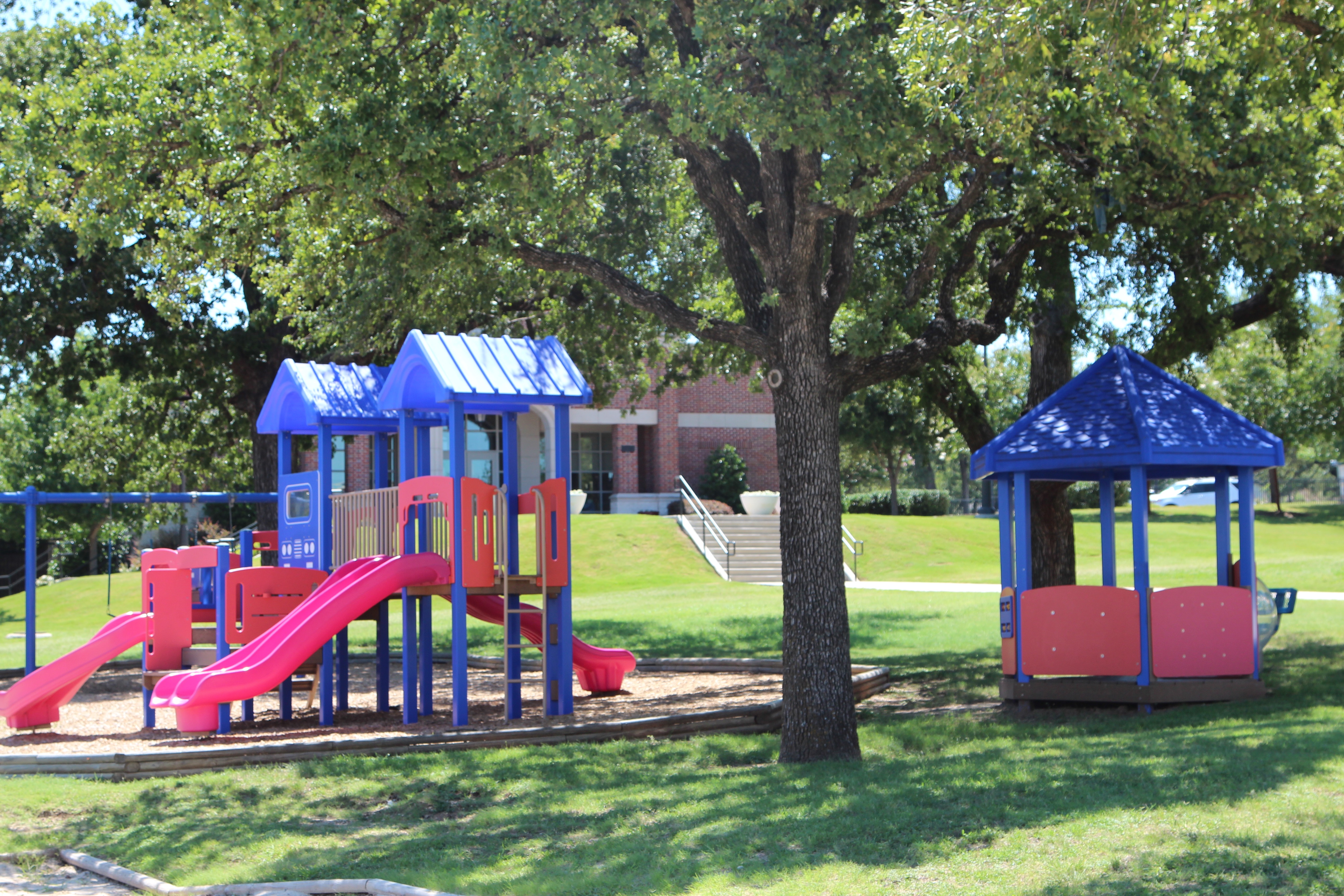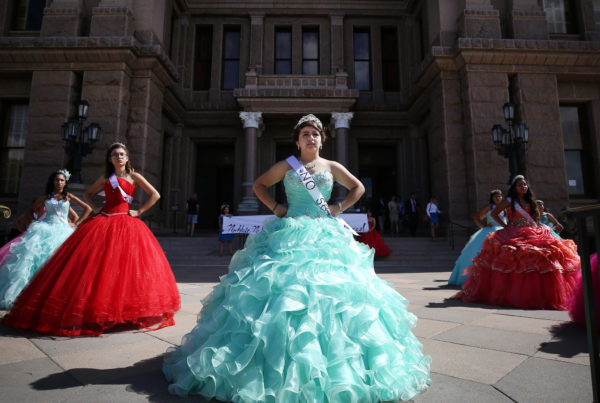In 2017, Texas lawmakers focused on improving the state’s ailing child welfare system. Even before the 85th legislative session began, lawmakers approved $150 million in emergency funding for the Texas Department of Family and Protective Services. In his “State of the State” address. Gov. Greg Abbott also listed reforming Child Protective Services, or CPS, as one of several emergency items for the Texas House and Senate to tackle.
Improving CPS and foster care proved to be a largely bipartisan issue for state lawmakers and they passed several major bills. They include raising payments for relatives that care for abused and neglected children, and making the Department of Family and Protective Services a standalone agency. They also pushed ahead with efforts to further privatize foster care.
In December, Hank Whitman, who heads the Department of Family and Protective Services, testified before a panel of state representatives. “I am pleased to tell you that as of October 31, 2017, turnover in CPS has decreased by 18.4 percent,” Whitman told them.
He told lawmakers that the increased funding from the Legislature to provide raises and hire more staff contributed to the lowest CPS caseworker turnover rate in seven years.
Whitman also said there was still room for improvement. “We’ve seen a slight decrease in the number of sibling groups placed together and children placed in their home regions,” he testified. That means many kids entering the foster care system are getting sent to another part of Texas.
One of the major bills Texas lawmakers passed in 2017 is aimed at keeping kids closer to home by shifting foster care to what’s known as a community-based care model. Basically, it gives a single nonprofit or local government entity regional control. That includes the responsibility of finding more foster families. Court-appointed experts in a nearly seven-year lawsuit over Texas foster care recently said Texas needs to recruit thousands of foster parents to provide more placements for kids.
The only agency in the state currently operating this community-based care model is ACH Child and Family Services in Fort Worth. Earlier this year, CEO Wayne Carson told the Texas Standard that since 2014, the organization had been able to increase the number of foster families in their region by 20 percent.
The Department of Family and Protective Services is already looking for lead agencies in Bexar County and around Abilene to establish a community-based care model. Eventually, the plan is to allow these organizations to take over case management duties from the state. That idea has been fairly controversial.
However, the Department of Family and Protective Services says transitioning case management services from the state would be a gradual process that would take several years. Though some are skeptical about how this would work, Carson says it will allow groups like his “to engage families very quickly to try to help them understand what has led to them losing their child temporarily to the foster care system and what they can do to get their child back.”
But one state representative who helped craft child welfare reforms in 2017 has some concerns. Houston Democrat Gene Wu said this summer that he’s worried about what could happen if one of the lead agencies doesn’t think a child should go back to their family. “In the civil world we call termination of parental rights the death penalty of the civil court and it’s a serious thing,” Wu said. He says only the state should be able to decide if a parent loses their rights.
Federal Judge Janis Graham Jack’s impending final order in the class action lawsuit over Texas foster care, a system she has previously deemed “broken” and “unconstitutional,” could impact or halt many of the changes state lawmakers made in 2017. But whatever Jack rules, Texas Attorney General Ken Paxton plans to appeal the decision.










